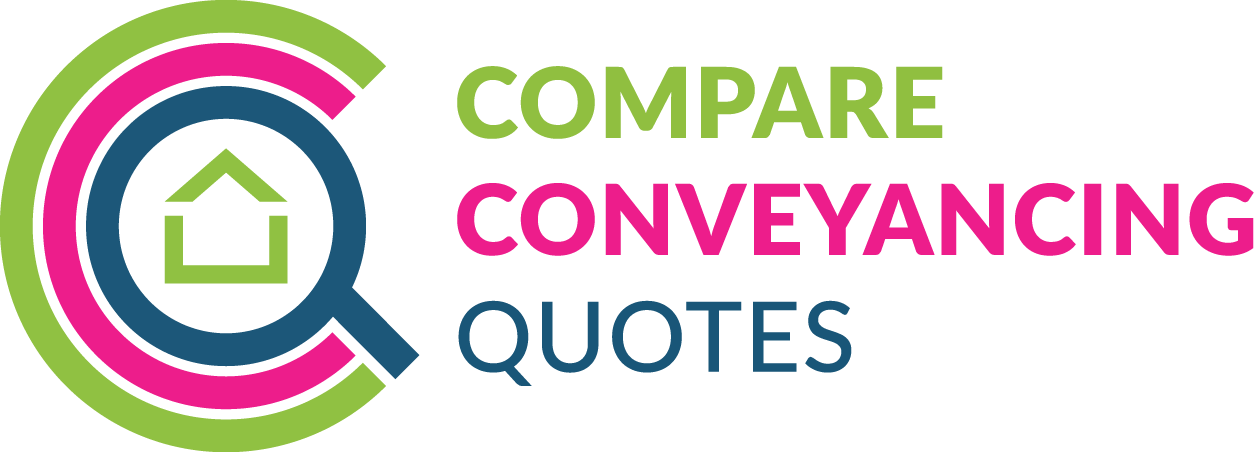How Does Shared Ownership Work?
Shared ownership is a fairly new phenomenon that came into prominence as part of a swathe of programmes designed to encourage UK residents onto the property ladder. But do you qualify for it? How does shared ownership work? What are the pros and cons? We’ll help you answer all these questions in our exploration of shared ownership schemes in the UK.
How does it work?
Shared ownership is a part-rent and part-buy scheme. It’s pretty straightforward; according to the Mayor of London, “someone might buy a 50% share in a property and pay rent to the landlord on the remaining 50%. Purchasers then have the opportunity to ‘staircase’ up their share of the property, gradually increasing the proportion of their home that they own outright and therefore paying less rent on the remaining portion until they own 100% of their home.” It’s one of the many affordable housing programmes funded by the London mayor.
Who is it designed for?
The purpose of shared ownership is to provide a route to buy for those that can’t afford a home on the open market. You still need to have good credit and a deposit, but it opens up an avenue for those who don’t make enough to buy their home at 100% equity outright. It allows you to buy a portion of the home equal to what your salary qualifies you for. Usually, the lowest shares available are 25%, but even in London, this will allow you to start building equity and a property portfolio from a responsible place, even on a modest salary.
How do I get one?
As with anything, there are some requirements you need to meet to get shared ownership. Any management company or housing association might have requirements of their own, so check with them, too. Either way, these are the general guidelines; first, you have to be an adult (over the age of 18); your household income has to be less than £80k outside of London and less than £90k in the City; you can’t have another home; if you’re not a first-time buyer, you have to sell your other flat or house; you must have good credit and no CCJs; you’ll need to meet the affordability criteria plus have extra for closing costs of £4k plus; you can’t already qualify for a standard mortgage on the market; and finally, you can’t be in rent or mortgage arrears. Oh, and this doesn’t get you out of saving for a deposit – you’ll still need to have one in excess of 5-10% of the share you’re buying (not the rented portion).
Common questions about shared ownership
We get these all the time and that’s because the documentation available isn’t very comprehensive.
Q. What if I’m not a UK citizen?
A. If the lender will give you a mortgage, you’re in. Generally, you’ll want to have 3 years of address history and an unrestricted visa or indefinite leave to remain. If your visa has time restrictions, you’ll pay more or be unable to qualify.
Q. Can I get shared ownership on universal credit?
A. No. That’s not counted as income.
Q. What if I have no savings?
A. Not only will you need a deposit, but you’ll also need to cover the costs related to buying a home which can be thousands of pounds.
Q. What if this isn’t my first home?
A. You’ll need to sell your current home and prove that it was unsuitable for you and that you need assistance with affordable housing schemes like shared ownership.
What are the pros and cons of Shared Ownership?
On the plus side, shared ownership can help you get on the property ladder if the only things standing in your way are affordability checks on 100% property valuations. It means you’ll need a smaller deposit and face less stringent checks, and you’ll be earning some equity as you’re not paying 100% as rent. This can make it a very attractive option.
However, there are some downsides. The key one, according to Unbiased, is that “as you are still paying rent on a portion of the property, you remain a tenant of your landlord. This means you can be evicted on a number of grounds, such as failure to pay the rent, nuisance behaviour or sub-letting. Worse still, there is a real risk that, if you are evicted, you could lose the portion of the home that you have already bought, since you don’t own it in a fully legal sense until you have staircased up to 100 per cent. The housing association is not legally obliged to reimburse you for this if you are evicted – you are only legally entitled to be paid for your share upon the sale of the property.” You also can’t sublet, and there will be charges for maintenance in common areas, but for many, that’s a small price to pay for homeownership.
If you think shared ownership is right for you, let us help you find your perfect conveyancer. Our free tool is easy and quick!

